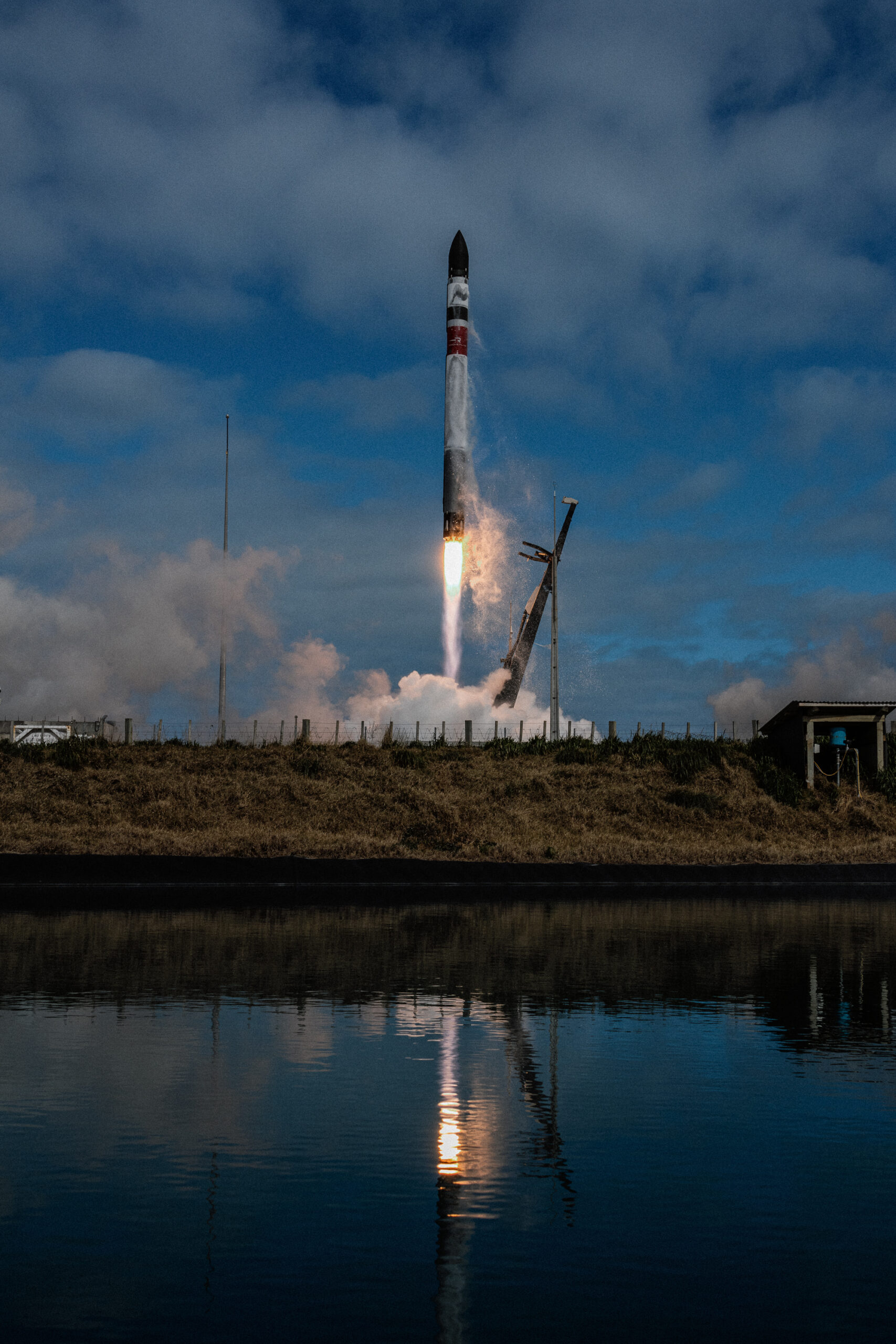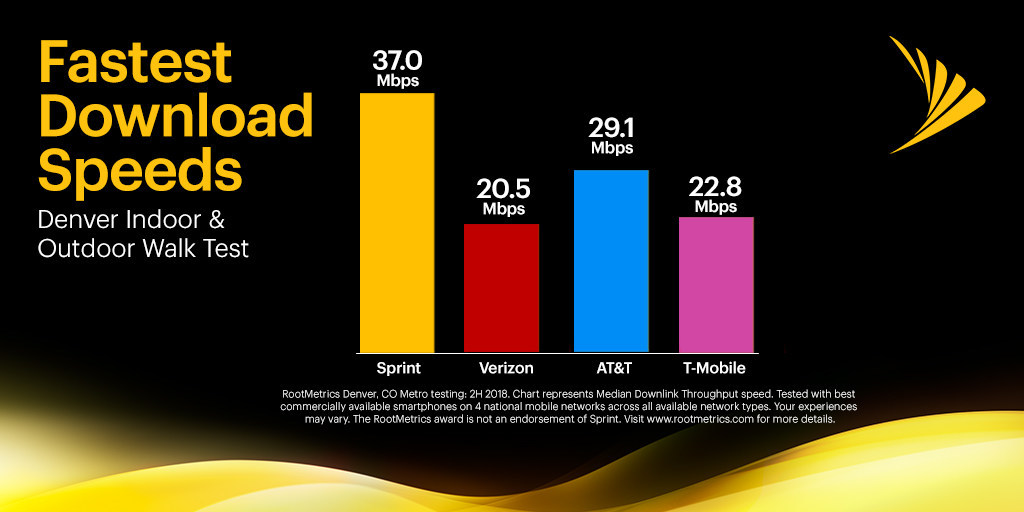Rocket Lab Launches 40th Electron Mission, Successfully Flies Reused Engine

Rocket Lab USA, Inc. (Nasdaq: RKLB) (“Rocket Lab” or “the Company”), a leading launch and space systems company, today successfully launched a dedicated Electron mission for Capella Space (Capella). The mission demonstrated several significant milestones for Rocket Lab’s reusability program, including an ocean splashdown of the Electron rocket’s first stage and the successful flight of a previously flown Rutherford engine. The mission was also Rocket Lab’s 40th Electron launch since the Company began launches in 2017, further cementing Electron’s position as the leading commercial small launch vehicle globally.
The ‘We Love The Nightlife’mission lifted off on August 24th at 11:45 am NZST from Rocket Lab Launch Complex 1 on New Zealand’s Mahia Peninsula, deploying Capella’s next-generation Acadia satellite for its synthetic aperture radar (SAR) constellation to a 640km circular low Earth orbit.
As a recovery mission, Electron’s first stage returned to Earth under a parachute after launch and splashed down in the Pacific Ocean several hundred kilometers down range from Launch Complex 1. Rocket Lab’s marine recovery vessel will soon extract the stage from the ocean and transport it back to Rocket Lab’s production complex for analysis and testing to inform future recovery efforts. In addition to recovering the booster, Rocket Lab launched a pre-flown 3D printed Rutherford engine for the first time. The engine previously flew on the first stage of the ‘There and Back Again’ mission, launched in May 2022. The engine performed on par with new Rutherford engines, completing a successful first stage burn.
The mission follows on from Rocket Lab’s two previous launches for Capella, including the “Stronger Together” mission launched in March 2023 from Rocket Lab Launch Complex 2 in Virginia, and the “I Can’t Believe It’s Not Optical” mission in August 2020 from Launch Complex 1 in New Zealand, which deployed the first satellite in Capella’s SAR constellation. ‘We Love the Nightlife’ was the first of four new dedicated launches on Electron for Capella, announced in February 2023, to deploy Capella’s next-generation Acadia satellites.
Rocket Lab founder and CEO Peter Beck says: “We’ve been a trusted launch partner to Capella since 2020 and we’re delighted to deliver mission success once again. Electron has played a crucial role in helping constellation operators like Capella deploy their spacecraft on time and on target, and we look forward to continuing building out Capella’s constellation with more dedicated launches this year. Congratulations also to our team on delivering 40 Electron launches, completing another booster recovery, and proving Rutherford engines can be flown multiple times. One mission is an enormous achievement in this industry, but 40 is a rare achievement and testament to the relentless drive, innovation and dedication of the Rocket Lab team.”
Capella’s existing satellite constellation delivers the highest quality and resolution SAR imagery commercially available, with the ability to penetrate all weather conditions and capture clear imagery 24-7, day and night, delivered through a fully automated ordering and delivery platform. The next-generation Acadia satellites include several enhancements, including increased bandwidth and power and faster downlink speeds. When combined with Capella’s existing long-dwell imaging capability and extended duty-cycle – which results in more images collected per orbit than other SAR systems – Acadia will continue to set the benchmark within the SAR industry.
ABOUT Rocket Lab
Founded in 2006, Rocket Lab is an end-to-end space company with an established track record of mission success. We deliver reliable launch services, satellite manufacture, spacecraft components, and on-orbit management solutions that make it faster, easier and more affordable to access space. Headquartered in Long Beach, California, Rocket Lab designs and manufactures the Electron small orbital launch vehicle, the Photon satellite platform and the Company is developing the large Neutron launch vehicle for constellation deployment. Since its first orbital launch in January 2018, Rocket Lab’s Electron launch vehicle has become the second most frequently launched U.S. rocket annually and has delivered 171 satellites to orbit for private and public sector organizations, enabling operations in national security, scientific research, space debris mitigation, Earth observation, climate monitoring, and communications. Rocket Lab’s Photon spacecraft platform has been selected to support NASA missions to the Moon and Mars, as well as the first private commercial mission to Venus. Rocket Lab has three launch pads at two launch sites, including two launch pads at a private orbital launch site located in New Zealand and a third pad in Virginia. To learn more, visit www.rocketlabusa.com.
FORWARD-LOOKING STATEMENTS
This press release may contain certain “forward-looking statements” within the meaning of the Private Securities Litigation Reform Act of 1995, Section 27A of the Securities Act of 1933, as amended, and Section 21E of the Securities Exchange Act of 1934, as amended. All statements, other than statements of historical facts, contained in this press release, including statements regarding our expectations of financial results for the third quarter of 2023, strategy, future operations, future financial position, projected costs, prospects, plans and objectives of management, are forward-looking statements. Words such as, but not limited to, “anticipate,” “aim,” “believe,” “contemplate,” “continue,” “could,” “design,” “estimate,” “expect,” “intend,” “may,” “might,” “plan,” “possible,” “potential,” “predict,” “project,” “seek,” “should,” “suggest,” “strategy,” “target,” “will,” “would,” and similar expressions or phrases, or the negative of those expressions or phrases, are intended to identify forward-looking statements, although not all forward-looking statements contain these identifying words. These forward-looking statements are based on Rocket Lab’s current expectations and beliefs concerning future developments and their potential effects. These forward-looking statements involve a number of risks, uncertainties (many of which are beyond Rocket Lab’s control), or other assumptions that may cause actual results or performance to be materially different from those expressed or implied by these forward-looking statements. Many factors could cause actual future events to differ materially from the forward-looking statements in this release, including risks related to delays and disruptions in expansion efforts; our dependence on a limited number of customers; the harsh and unpredictable environment of space in which our products operate which could adversely affect our launch vehicle and spacecraft; increased congestion from the proliferation of low Earth orbit constellations which could materially increase the risk of potential collision with space debris or another spacecraft and limit or impair our launch flexibility and/or access to our own orbital slots; increased competition in our industry due in part to rapid technological development and decreasing costs; technological change in our industry which we may not be able to keep up with or which may render our services uncompetitive; average selling price trends; general economic uncertainty and turbulence which could impact our customers’ ability to pay what we are owed; failure of our launch vehicles, spacecraft and components to operate as intended either due to our error in design in production or through no fault of our own; launch schedule disruptions; supply chain disruptions, product delays or failures; design and engineering flaws; launch failures; natural disasters and epidemics or pandemics; any inability to effectively integrate recently acquired assets; changes in governmental regulations including with respect to trade and export restrictions, or in the status of our regulatory approvals or applications; or other events that force us to cancel or reschedule launches, including customer contractual rescheduling and termination rights; risks that acquisitions may not be completed on the anticipated time frame or at all or do not achieve the anticipated benefits and results; and the other risks detailed from time to time in Rocket Lab’s filings with the Securities and Exchange Commission (the “SEC”), including under the heading “Risk Factors” in Rocket Lab’s Annual Report on Form 10-K for the fiscal year ended December 31, 2022, which was filed with the SEC on March 7, 2023, and elsewhere. There can be no assurance that the future developments affecting Rocket Lab will be those that we have anticipated. Except as required by law, Rocket Lab is not undertaking any obligation to update or revise any forward-looking statements whether as a result of new information, future events or otherwise.





